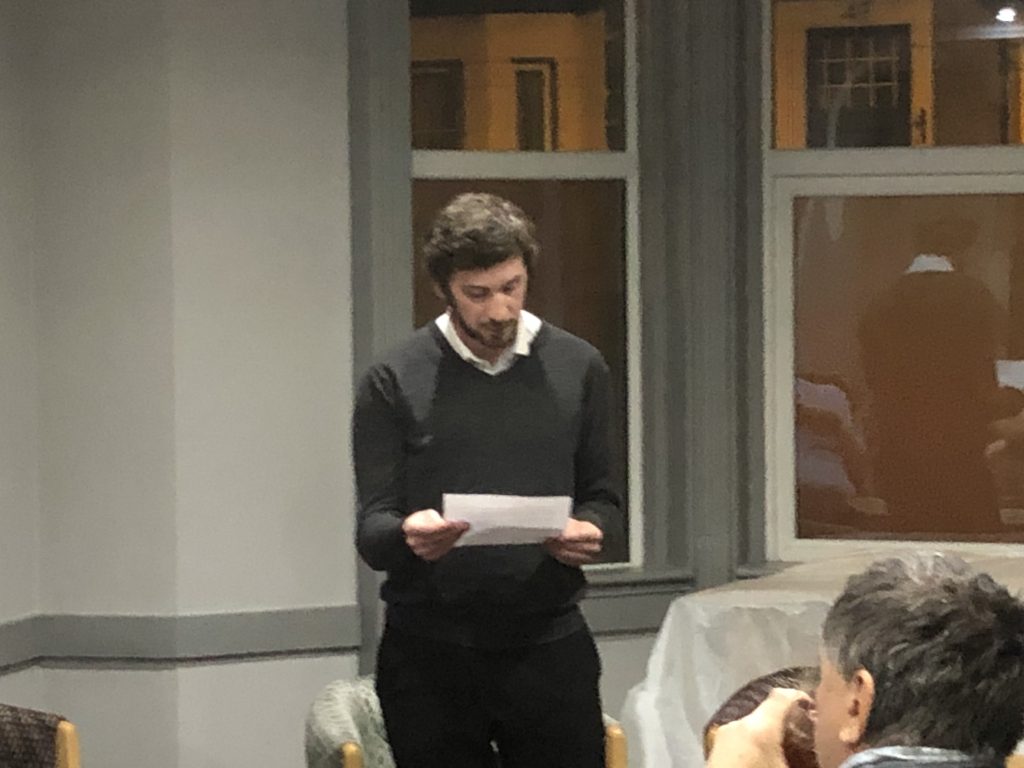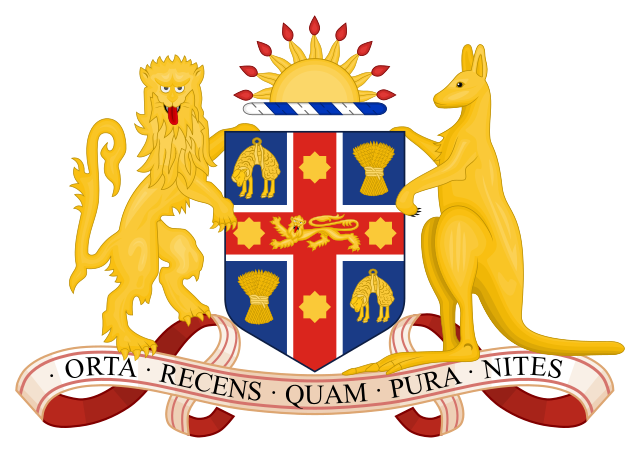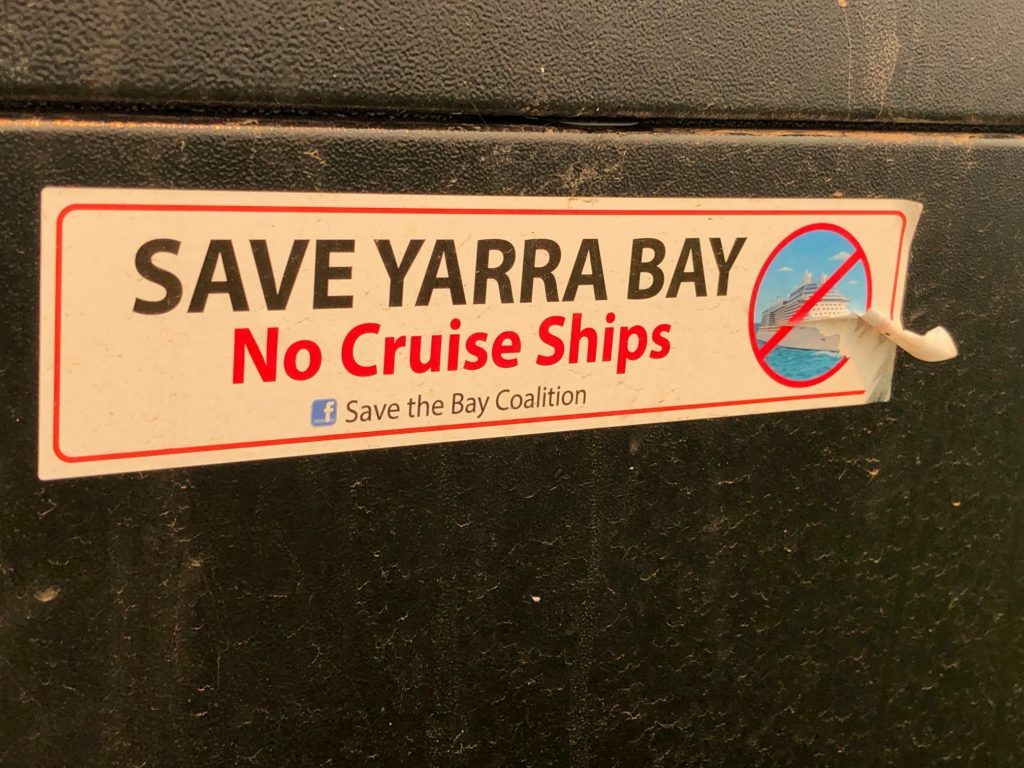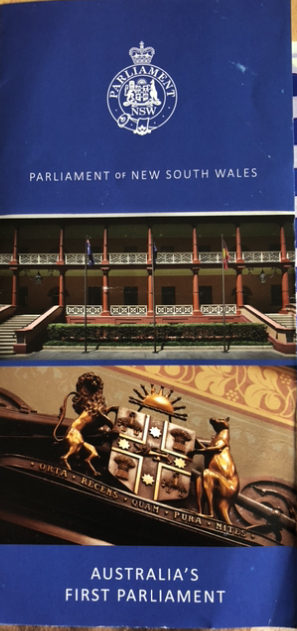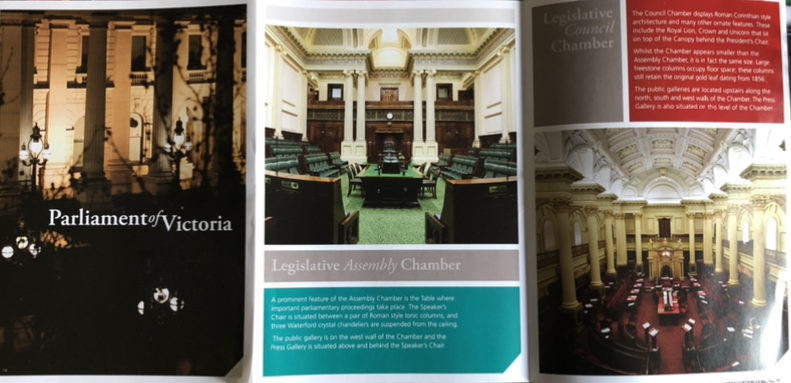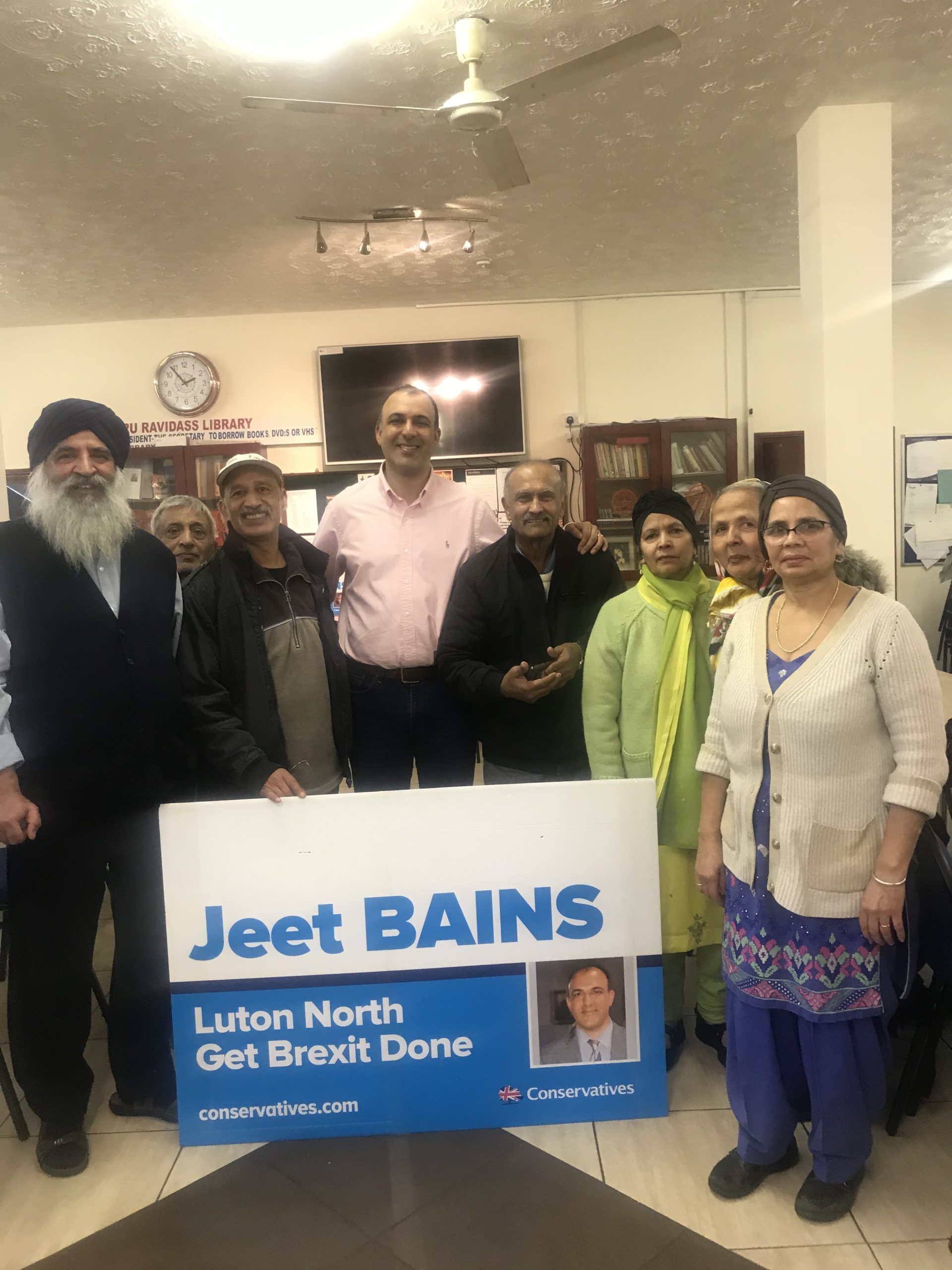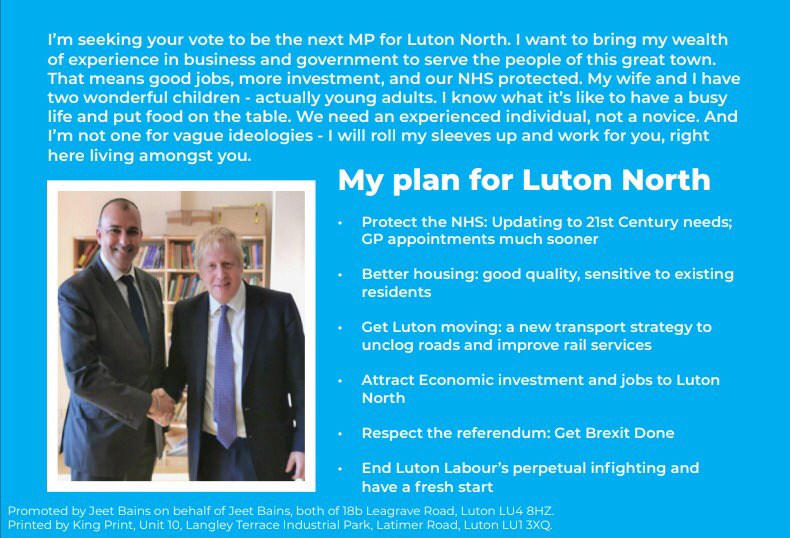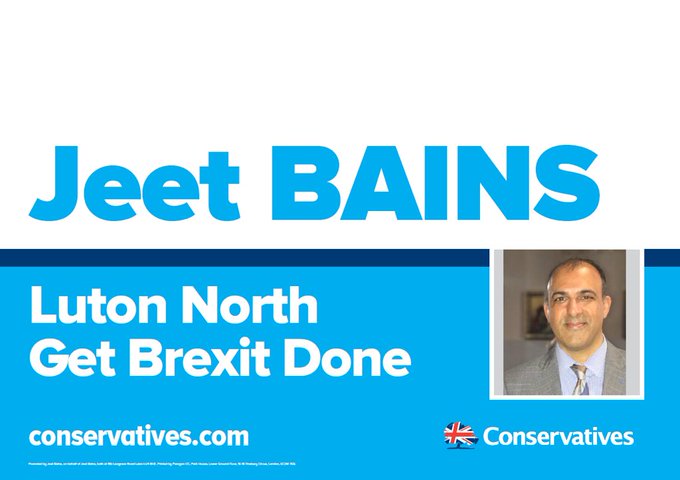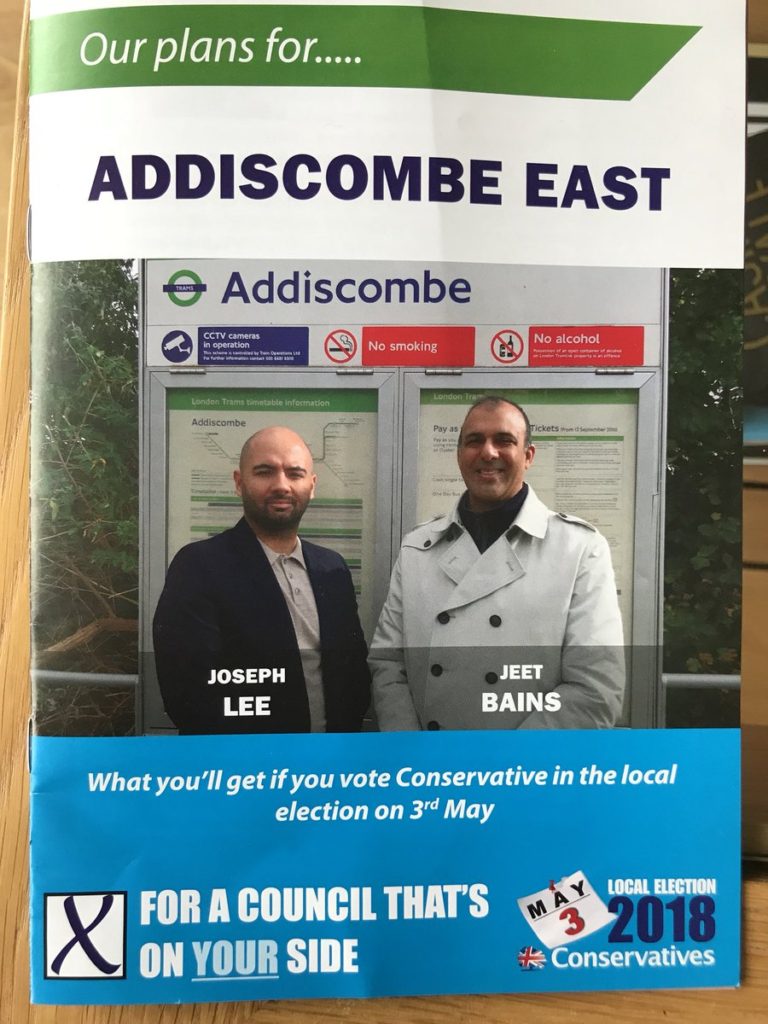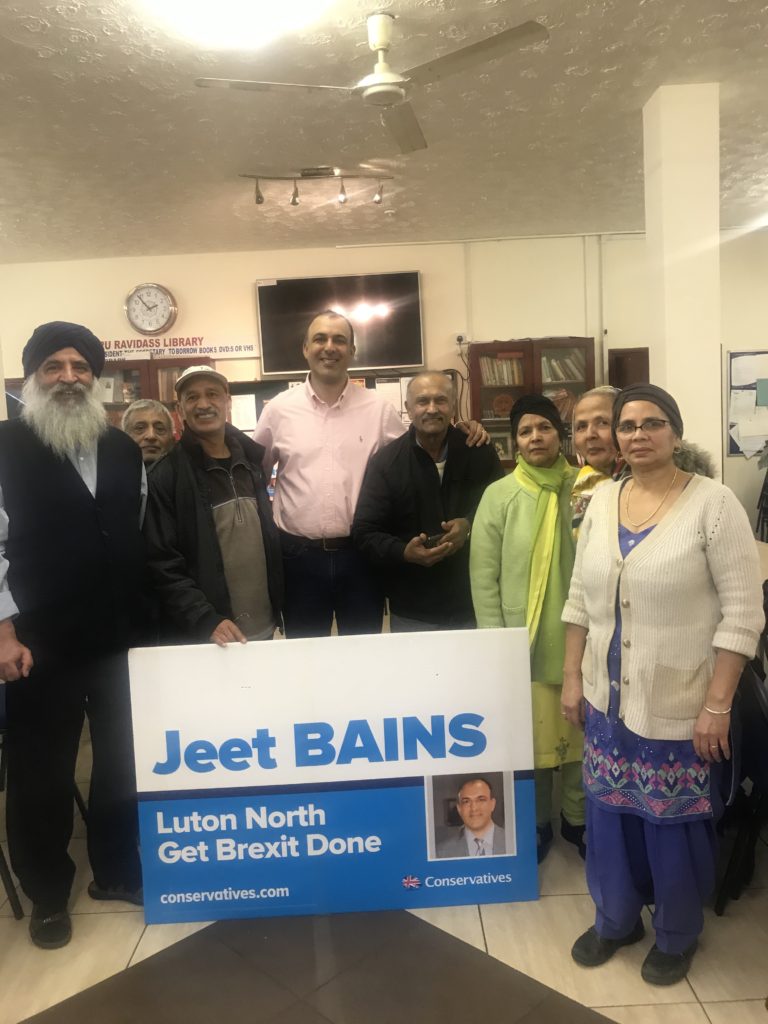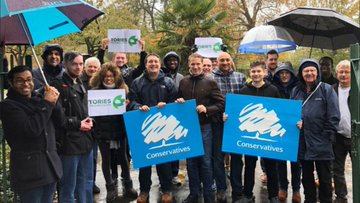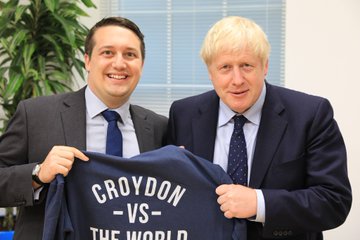On February 2nd the Coulsdon and Purley Debating Society debated the motion “Implementing green policies to combat global warming is imperative to save the Earth”
Mike Swadling opposed the debate, and below is his speech delivered to the society in Coulsdon. As always at this excellent society the debate was good natured, well proposed and drew out great comments from the audience.
“Implementing green policies to combat global warming is imperative to save the Earth” – Opposing motion
In 1970 Harvard biologist George Wald estimated that “civilization will end within 15 or 30 years unless immediate action is taken”
“At least 100-200 million people per year will be starving to death during the next ten years.” The Stanford University Professor Paul Ehrlich declared in the April 1970.
In January 1970, Life Magazine reported, “Scientists have solid experimental and theoretical evidence to support…the following predictions:
- In a decade, urban dwellers will have to wear gas masks to survive air pollution
- by 1985 air pollution will have reduced the amount of sunlight reaching earth by one half”
In January 2006 Al Gore predicted that we had ten years left before the planet turned into a “total frying pan.” – anyone else have their heating on today?
In 2008, ABC News predicted that New York City would be under water by June 2015. (1)(2) – Nope didn’t happen
Planet Earth might quote Mark Twain in saying “Rumours of my demise have been greatly exaggerated”
The Premise
I thank the Chair and the members for getting the title right in calling it global warming. Let’s dispense with the nonsense called “climate change”.
The climate changes. Yes we know that. Global temperature is not fixed, we know we had ice ages, we know we have had warming periods.
I believe the premise here is the following:
- The globe is warming
- The warming is man-made – if this isn’t as a result of human influenced greenhouse gas emissions, then the currently prescribed actions are meaningless.
- And finally that the warming will be catastrophic – there is little point in taking action if the impact is only two more weeks of summer and not much else (3)
To believe that last two premises you have to believe in the predictions of the people who told us food would run out in the 1980s and that New York City is currently underwater.
Now I’m not convinced we ran out of food or you can swim to the top floor of the Empire State Building.
It’s important to look at these in detail, as our civilisation, all of this abundance you see around you, that has allowed billions of people to move from calorie insecurity to having commodity goods, in our lifetimes is feed by fuel, mostly fossil fuels.
It is our civilizations manna from heaven. It is a manna showing no end. We have more oil reserves than all the oil we have ever used, with new technology opening up even further access to fuel. (4)
If you have a proven, working, source of fuel that reduces pollution great let’s use it.
If you are saying we need to change the basis of our modern civilisation and put at risk the food supply chains for billions of people, you better be dammed sure of your predictions.
Getting Warmer
The first premise on which all others are built is that the world is getting warmer.
- Warmer since when?
- Warmer compared to what?
11,000 years ago sitting here would have been cold, very cold. We wouldn’t be under ice, but Scotland, Wales, Ireland and the North of England all would be.
We would be linked by Ice to Norway and Denmark, and by Land to France. (5)
Are we warmer than then – yes. But perhaps we would all agree that’s a good thing.
As I’m sure many of you are aware much of our cultural view of white Christmases comes from Charles Dickens stories rather than our actual memories.
Only 11 times in London in the last 60 years has snow fallen on Christmas day. (6) (7)
Of course this was not always so.
The River Thames held its first frost fair in 1608 and the last was in 1814. These took place during the Little Ice Age lasting from about 1300 to about 1850. (39)
Clearly we have warmed since then. The Little Ice Age started without man made input and ended before any serious global industrialisation.
It’s almost as if temperatures change without a man mad cause. Incidentally the Coldest Christmas day on record since 1659 was in 2010. – so much for global warming.
But what if I was to pick other dates, different dates to measure warming. What might conclude?
The English wine market is once again growing, centred in the South East and South West.
Of course the Romans grew grapes and made wine at Hadrian’s Wall, not something we could do today without artificial heaters. (8)
Later tax records show the Britons extensively grew their own wine grapes in the 11th century. (9)
Compared to then we are colder not warming.
The later growing took place in the Medieval Warm Period lasting from around 950 to 1250 AD. (10)
The warming during this period saw the Vikings break out of Scandinavia concur much of Europe and even grow barley in Greenland. (11)
The same warming in the east produced more rain, and grass for the grazing animals that Genghis Khan’s Mongolian horseman rode and feed off.
This abundance allowed his descendants conquer much of Eurasia. (12)
The Medieval Warm Period was not caused by car journeys, aircraft, coal fuelled power stations or even ‘trial by fire’ used by Saxons.
The climate changes it often has little to do with man.Compared to then we are colder not warming.
Once again I ask.
- Warmer since when?
- Warmer compared to what?
When was this ideal period of warmth. Who is to judge this.
Why are the starting dates that prove the climate scientist clams we are warming any more valid than the start dates I have used?
After all these are the same climate scientists that told us. (13) (14)
- In 2002 that Britain would suffer a “famine” within 10 years.
- And that in 2009 we had “eight years to save the planet”
The Scientists
We are often told Climate Change is Settled Science. Yet Science is knowledge that is testable, repeatable, observable, and falsifiable. (15) (16)
And it’s that falsifiable that really matters here. Science cannot by definition ever be settled.
If a claim can’t be falsified it’s a matter of faith, of religion, of ideology, but never ever Science.
We often here the claim 97% of scientists believe in manmade global warming. But who are these scientists?
It’s really not clear, where the figure comes from.
One source of support for this is from the University of Illinoi. A survey which over 3000 scientists responded to, selected a subset of just 77 who said they agreed that ‘global temperatures had generally risen since 1800, and that human activity is a “significant contributing fact”. (17) (18)
Is this the basis on which to change the modern world economy? On the say of just 77 carefully selected opinions?
Should we give up the industrialisation that dragged our ancestors out of poverty and is still giving the first real hope of a good life to billions in the developing world, on this basis?
Another often made claim is that “2,500 scientists of the UNs Intergovernmental Panel on Climate Change, the IPCC agree that humans are causing a climate crisis.”
Except of course it’s simply not true.
The number is based on the number of scientist reviewers of all of the IPCC reports. Only 600 were involved in the report with this statement and proposals. (19)
It’s not even clear that the 600 all agreed with the outcome of the report.
Whilst on the subject of the IPCC, their 2001 report featured the Hockey Stick graph. This showed broadly flat temperatures with a sharp upturn. The graph was used to prove the need for urgent change.
The now discredited and dropped hockey stick graph ignored the medieval warming period and little ice age as if they simple didn’t happen. (20)
We could all show the bank manager a graph of our increasing bank balance if we ignored all our out goings
These scientists simply ignored the facts to make their argument.
To believe in the projections of these scientists you have to believe the Thames Ice fairs didn’t exist and all evidence of farming in Greenland was simply made up.
Are we warming?
I was in Sydney the first two weeks of December. From a view point in the Blue Mountains I could see half a dozen fires over a fifty square area.
It’s tragic, the loss of humans fighting the fires, and animals is something I am sure we all agree is terrible.
But is it anything to do with global warming?
A 1642 expedition saw smoke drifting over the coast of Tasmania and noted blackened trunks and baked earth in the forests.
In 1770, Captain Cook’s crew saw autumn fires in the bush burning on most days of the voyage.
Many of these fires were deliberately set by Aborigines across Australia.
Fire-stick farming was used to producing lusher grass to fatten kangaroos, they also burned fire breaks as a precaution against bushfire. (21)
Australia suffered major bush fire outbreaks in 1851, 1898, 1925, and 1938.
These occurred before the massive industrialisation in India and China and before any of the supposed trends for man-made global warming.
Yes this year’s fires are tragic. Worse than many remember.
But the causes are complex, environmentalists have stopped the clearing of land near residential areas and stopped selective burning to create fire breaks.
And of course we have Arsonists. New South Wales Police reported 716 of this year’s fires did not occur naturally. (22) (23)
After the hurricane seasons of 2010, 11, and 12 the second and joint third most active years on record, we were told due to global warming hurricanes would become common place.
Except of course in 2013 we had the fewest hurricanes since 1930. The number of storms have been fairly low and stable ever since.
Around here we on occasion have some flooding.
When a story of flooding in the UK hits the news, we hear the familiar cry of climate change.
Yet despite heavy and consistent rain this winter we have thankfully had little flooding. We see the here and now, we often forget the past was often as bad s.
Much as when Devon and Somerset flooded in 2013 largely because it appears we stopped dredging local water ways. Natural disasters can have a man-made component. But let’s not confuse that with a systemic problem.
Odd natural events happen, they make compelling stories, but they are not a reason to change the world.
If the impact of global warming is hard to find it’s worth asking, are we even warming?
Even if we ignore the need for an answer to the question “compared to when” and that’s a massive issue to ignore, are we warming right now?
“Between the start of 1997 and the end of 2014, average global surface temperature stalled. This 18-year period is known as the global warming pause” (24)
Recently the Met Office concluded the last decade was the second hottest in the past 100 years in the UK, slightly behind 2000 to 2009. – So err I make that we are cooling decade on decade. (25)
The official NASA global temperature data shows from February 2016 to February 2018 “global average temperatures dropped by 0.56 degrees Celsius”. The biggest two-year drop in the past century. (26)
Contrary to predictions polar bear numbers have never been higher rising 30% since 2005.
CO2 is now at about 412 ppm, or 0.041%. This plant food is helping the earth become greener.
Despite the supposedly dangerous level of CO2 of 1 part per 2400. Life has never been better. (27)
- Infant mortality has never been lower.
- Life expectancy never higher.
- Poverty never lower.
- An estimated 3.2 billion people, or 42 percent of the total world population, are now in the global middle class. Many of them enjoying today in countries we used to consider third world a better standard of living than some of us grew up with.
Don’t believe the doom mongers. The world is doing just great. It’s not clear if it’s warming, it is clear the scientists predictions are wrong.
Why so wrong?
Why are the scientists and their political bedfellows getting the predictions so wrong?
Scientist is never settled and not about consensus, but scientists are people. They naturally want to be part of the majority. They want to conform.
For many years around the middle of the last century many scientists wouldn’t support the Big Bang theory even as more and more evidence with experiment substantiated it.
Science had for some time believed in the steady state theory of the universe. This is had always existed. Many Scientists didn’t want to believe in the idea of a beginning to the universe because it opened the possibility of a beginner or a god, something that the then modern science was against.
Yet the evidence was there. Scientists understandably being people weren’t following the evidence but rather the sticking to the ruleset they had been brought up in. (28)
Scientists now, are driven by grants and agendas to support global warming. When your economic self-interest is driven by a viewpoint it becomes easier to follow that viewpoint.
Between 1989 and 2009 the US Federal Government funded to the tune of $1.6 billion and year climate studies. (29) Clearly no one was expected to find no change to keep the money coming in.
I am not suggesting corruption in these cases, more I am simply noting it is much easier for your research to find the required answer when paying your mortgage depends on it.
Where there was clear corruption however was with the 2009 Climategate scandal. Leaked emails from the University of East Anglia Climatic Research Unit, showed a number of scientists collaborating to manipulate data.
This manipulation included:
- Changing data to show a 156 year warming trend in New Zealand that simply hadn’t happen.
- Eliminating 75% of the world’s temperature stations from new data with a clear bias toward removing higher-latitude, high-altitude locations. (30)
There are a number of possible reasons politicians push the climate change agenda.
The Chinese like it because we hamper western industry whilst they continue to build a new coal fuelled power station every other week.
Many of our politicians like that all solutions to global warming require more taxes, and power for the politicians, and less rights for the people to make choices in their own lives.
They also like the new jobs it creates and the power they have to disperse them.
Croydon Council recently announced it has a appointed a lead for their Climate Crisis Commission. They can’t collect the bins on time, planning is a joke but the council can appoint people to a Climate Commission. (31)
Some like Al Gore I suspect do it simply for the money. Why else would you preach climate catastrophe and rising sea levels whilst spending $8,8million on an ocean front villa with six fireplaces, five bedrooms and nine bathrooms. (32)
You either believe the oceans are rising or you buy a beach property, surely not both.
It’s not so clear why so many celebrities and indeed some of our own royalty are so keen to push green policies. My own view is they simply don’t like the plebs spoiling the holiday destinations.
I would not normally be some unkind in assigning motive, but I can simply find no other reason to understand how you can fly by private jet to a climate change camp where you then deliver a speech about the environment while barefoot, as Prince Harry did last year. (33)
Why else would Emma Thompson fly the 5,400 miles from LA to London to support the Extinction Rebellion protests? (34)
Can I ask your indulgence for a show of hands on who has flown in the past year….
Multi-Millionaires Al, Harry and Emma, want to stop you doing that.
And they are so determined that they won’t stop buying mansions or jetting around the globe, until they have stopped you having your annual fortnight in the sun!
What to do?
We all want to live in a good environment, we want to improve the world around us. The best way to do that is to simply let people get rich.
Poor nations and peoples care little for the environment, survival rightly takes precedence.
As nations like us move to the post industrial age, and we value experiences more that things, we use less carbon.
Our carbon output per person has gone down for 6 years, this has little to do with direct green policies, and much to do with technology improvements. (35)
New Zealand is planting a billion tress, partly because they can afford to. (36)
The amount of land used to produce food for the every growing population is stable, and in the west reducing, with some being returned to the wild. New science, actual science not computer models has made this possible. (37)
We didn’t face starvation, our cities are still above water, and you are still at risk of polar bear attack in the icy north pole.
We are warmer than two centuries ago, but colder than when Genghis threaten much of the globe. The biggest threat many face today is in a massively reduced standard of living following the policies preached to us by the rich and powerful.
Life is good, and getting better.
GDP per capita in Africa has increased in real terms by 60% since the year 2000, by 50% in Latin America, and doubled in Asia.
That’s a real terms increase in prosperity. Why would you want to change that?
Why would we want to put at risk the abundance we have based only on the predictions and fear of those so often proved wrong?
Summary
The world is doing well, people’s lives which were through all of human history an immense struggle are improving, all over the globe.
Let’s not throw that all away for fanciful and consistently wrong computer models.
Nigel Lawson sums up the situation well.
‘The fact remains that the most careful empirical studies show that, so far at least, there has been no perceptible increase, globally, in either the number or the severity of extreme weather events. And, as a happy coda, these studies also show that, thanks to scientific and material progress, there has been a massive reduction, worldwide, in deaths from extreme weather events.’
In some ways worse that the economic impact of the global warming scare is the impact to the mental health of the next generation of adults.
According to the Royal College of Psychiatrists there is now a condition called eco-anxiety.
Talk of a ‘climate crisis’ has led to an upsurge in young people reporting feelings of anxiety, helplessness and guilt. (38)
This Christmas Channel 4 screened a special edition of Gogglebox with children watching claims by Extinction Rebellion that ‘scientists say we have only 11 years to act’.
One child counted on her fingers how many years she had left to live and worked out that, the world could end when she was just 19.
One mother described how her daughters had asked what the point was in taking their GCSEs if they weren’t even going to be here a few years later.
We are all old enough to know to ignore Prince Charles when he says the world is ending in just 11 years, someone who is 11 years old is not.
Incident the Prince said that the world was ending in 11 years, over 11 years ago.
Children are easily influenced. Especially once teenagers they like little more than to tell their parents how wrong they and their whole generation is.
Telling children the world will end before they get to be adults is immoral, it damages their mental health and has been proved time and time again patently false.
Naturally want to be part of something big, we like to think our influence on the world around us is greater than it really it.
The world is just fine, humanity is doing great.
Keep the bureaucrats out the way and the natural inventiveness of mankind will ensure things keep getting better.
Leave well alone and lets enjoy the great world we live in.
References:
- (1) https://www.aei.org/carpe-diem/18-spectacularly-wrong-predictions-made-around-the-time-of-first-earth-day-in-1970-expect-more-this-year-3/
- (2) https://thefederalistpapers.org/us/top-10-climate-change-predictions-gone-spectacularly-wrong
- (3) https://croydonconstitutionalists.uk/are-we-really-so-green-to-believe-this/
- (4) https://www.forbes.com/sites/michaellynch/2018/06/29/what-ever-happened-to-peak-oil/#4fa24ca1731a
- (5) https://www.dailymail.co.uk/sciencetech/article-5803855/Interactive-map-reveals-Britain-looked-like-ice-age.html
- (6) https://www.theguardian.com/world/datablog/2016/dec/24/white-christmases-in-the-uk-over-the-years-in-data
- (7) https://en.wikipedia.org/wiki/White_Christmas_(weather)#White_Christmases_in_the_United_Kingdom
- (8) https://breakingviewsnz.blogspot.com/2013/04/ron-smith-climate-change-and-growing-of.html
- (9) http://www.realclimate.org/index.php/archives/2006/11/english-vineyards-again/
- (10) https://en.wikipedia.org/wiki/Medieval_Warm_Period
- (11) https://sciencenordic.com/agriculture-archaeology-denmark/vikings-grew-barley-in-greenland/1447746
- (12) https://www.independent.co.uk/news/science/how-climate-change-helped-genghis-khan-scientists-believe-a-sudden-period-of-warmer-weather-allowed-9182580.html
- (13) https://twitter.com/toadmeister/status/1220662754018721797?s=21
- (14) https://www.climatedepot.com/2018/01/04/flashback-2000-snowfalls-are-now-just-a-thing-of-the-past-children-just-arent-going-to-know-what-snow-is-uk-independent/
- (15) https://time.com/4308518/climate-change-settled-science/
- (16) https://answersingenesis.org/what-is-science/what-is-science/
- (17) https://www.forbes.com/sites/uhenergy/2016/12/14/fact-checking-the-97-consensus-on-anthropogenic-climate-change/#748278c11576
- (18) https://www.nationalreview.com/2015/10/climate-change-no-its-not-97-percent-consensus-ian-tuttle/
- (19) https://www.onlineopinion.com.au/view.asp?article=7553&page=1
- (20) https://wattsupwiththat.com/2013/08/21/ipcc-throws-manns-hockey-stick-under-the-bus/
- (21) https://en.wikipedia.org/wiki/Bushfires_in_Australia#Before_European_settlement
- (22) https://www.dailytelegraph.com.au/news/nsw/nsw-police-reveal-measures-to-crackdown-on-bushfire-arsonists/news-story/2993007a606a11fbd037bf1bcafe7f64
- (23) https://harbingersdaily.com/environmentalists-made-australias-bush-fires-worse/
- (24) https://blogs.spectator.co.uk/2017/06/truth-global-warming-pause/
- (25) https://www.itv.com/news/2020-01-03/last-decade-was-second-hottest-in-past-100-years-met-office/
- (26) https://www.investors.com/politics/editorials/climate-change-global-warming-earth-cooling-media-bias/
- (27) https://research.noaa.gov/article/ArtMID/587/ArticleID/2461/Carbon-dioxide-levels-hit-record-peak-in-May
- (28) https://theconversation.com/one-funeral-at-a-time-big-bang-denial-and-the-search-for-truth-11127
- (29) https://www.forbes.com/sites/larrybell/2011/07/26/we-get-what-we-pay-for-with-disastrous-climate-science/#33dec1bf7ecf
- (30) https://wattsupwiththat.com/2009/11/25/uh-oh-raw-data-in-new-zealand-tells-a-different-story-than-the-official-one/
- (31) https://www.facebook.com/130042263759700/posts/2521326081297961/?d=n&substory_index=0
- (32) https://www.worldpropertyjournal.com/featured-columnists/celebrity-homes-column-al-gore-tipper-gore-oprah-winfrey-michael-douglas-christopher-lloyd-fred-couples-nicolas-cage-peter-reckell-elly-moneymaker-2525.php
- (33) https://www.dailymail.co.uk/news/article-7313843/Prince-Harry-flew-private-jet-helicopter-Google-climate-change-camp.html
- (34) https://metro.co.uk/2019/04/19/emma-thompson-flew-5400-miles-join-climate-change-protest-9262552/
- (35) https://www.carbonbrief.org/analysis-uks-co2-emissions-fell-for-record-sixth-consecutive-year-in-2018
- (36) https://www.globalcitizen.org/en/content/new-zealand-wants-to-plant-1-billion-trees/
- (37) https://blog.nature.org/science/2014/06/18/global-agriculture-land-sustainability-deforestation-foodsecurity/
- (38) https://www.dailymail.co.uk/news/article-7902895/DOUGLAS-MURRAY-Terrifying-children-propaganda-climate-change-abuse.html
- (39) https://en.wikipedia.org/wiki/Little_Ice_Age











